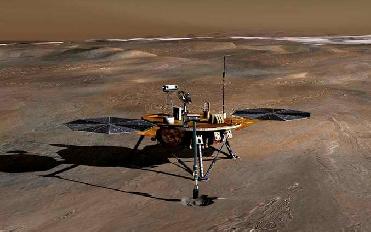
Phoenix probe to Mars was launched in 2007 on a Delta II rocket of the US military. NASA photo
NEW YORK (BNS): Incoming Barack Obama administration may remove barriers between America�s civilian and military space programmes in an effort to counter growing challenges to the US supremacy in space from both within and outside.
Several experts linked to the American space programmes have been calling for such a radical thinking if America does not want to depend on Russia for manned flights after its ageing NASA space shuttles are retired in 2010, and to keep up with China�s growing influence in space.
Bloomberg News reported on Thursday evening that Obama�s transition team was exploring active collaboration between NASA, the civilian space agency, and Pentagon, which has dedicated military space programme.
One of the immediate aims of the collaboration is to ensure that America�s next generation spacecraft are ready to fly before the scheduled date in 2015. Exponents of the collaboration argue that military rockets are far less expensive and readily available for manned space flights. NASA�s Ares I and Ares V vehicles are still under testing.
After 2010, when the space shuttles are set for retirement, NASA will have to depend on Russian rockets for sending its astronauts to the International Space Station.
According to new evidences and several experts, NASA has recently asked the Kennedy Space Center to look at the impacts of scrapping its Ares I rocket design and switching to modified version of US military�s Atlas V and Delta IV rockets for human space flights of the future. US military rockets have launched NASA�s Mars probes, besides launching military satellites into clandestine orbits.
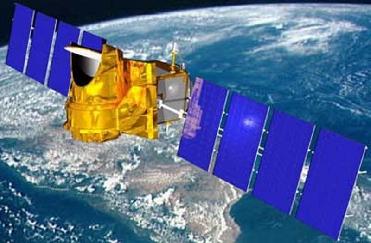 Previous Article
Previous Article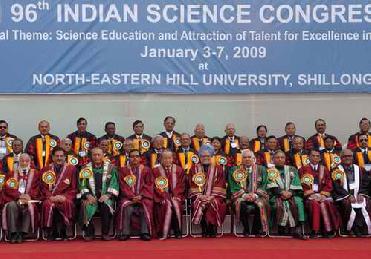 Next Article
Next Article
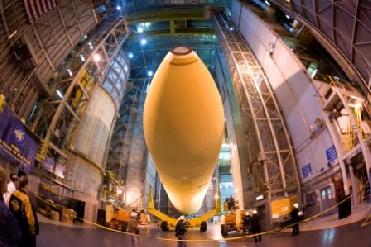
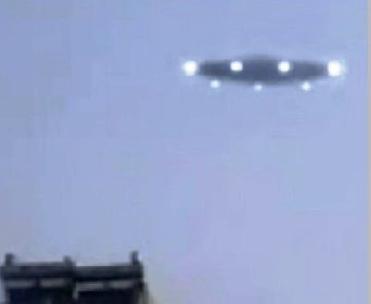











The Indian Air Force, in its flight trials evaluation report submitted before the Defence Ministry l..
view articleAn insight into the Medium Multi-Role Combat Aircraft competition...
view articleSky enthusiasts can now spot the International Space Station (ISS) commanded by Indian-American astr..
view article